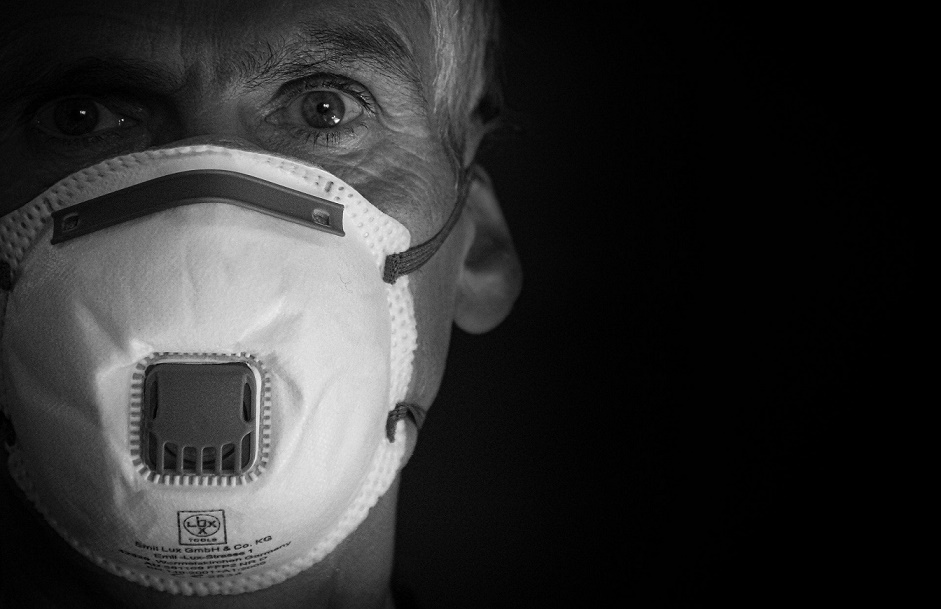What is the link between the corona virus and cancer?
The world is experiencing an outbreak of a new betacoronavirus known as Severe Acute Respiratory Syndrome Corona Virus 2, SARS-CoV-2 or simply Corona Virus.
The World Health Organization, the WHO, has declared 2019 novel coronavirus disease, COVID-19, caused by SARS-CoV-2, a public health emergency of international concern.
In contrast to Severe Acute Respiratory System corona virus and Middle East respiratory syndrome corona virus, more deaths from Corona Virus SARS-CoV-2, have been caused by multiple organ dysfunction syndrome rather than respiratory failure, which might be attributable to the widespread distribution of Angiotensin Converting Enzyme 2 or ACE2 — the functional receptor for SARS-CoV-2— in multiple organs.
ACE2
ACE2 is a protein expressed by epithelial cells of the lung, intestine, kidney and blood vessels.
This increased expression of ACE2 may facilitate infection with SARS-CoV or SARS-CoV-2.
Hence, patients with diabetes or hypertension being treated with ACE inhibitors may be at increased risk of SARS-CoV-2 infection.
ACE2 has been shown to be the entry point into human cells for some coronaviruses, including SARS-CoV, the virus that causes SARS.
A number of studies have identified that the entry point is the same for SARS-CoV-2.
This might lead some to suggest that decreasing the levels of ACE2, in cells, might help in fighting the infection.
On the other hand, ACE2 has been shown to have a protective effect against virus-induced lung damage.
Alternative studies have suggested a close co-morbidity link between hypertension and heart disease and SARS-CoV-2 infection which may be related to elderly patients normally being prescribed ACE inhibitors.
Examples of ACE inhibitors:
- Benazepril
- Captopril
- Enalapril
- Fosinopril
- Lisinopril
- Moexipril
- Ramipril
Corona Virus and Cancer
Patients with cancer are more susceptible to infection by SARS-CoV-2 than individuals without cancer because of their systemic immunosuppressive state caused by the malignancy and anticancer treatments, such as chemotherapy or surgery.
Therefore, these patients might be at increased risk of COVID-19 and have a poorer prognosis.
How cancer patients should be protected from COVID-19?
A nationwide analysis in China
Published on February 14, 2020 at the LANCET Oncology
Individuals who have cancer are immunosuppressed, a state caused by both the cancer and its treatment; as such, they are more susceptible to infections than those without cancer. COVID-19 is a case in point.
In this Chinese study, among 1590 patients with COVID-19, 18 had a history of cancer.
Results
- 39% of cancer patients with COVID-19 were admitted to Intensive Care Units, ICUs, and required invasive intervention. They had a significant higher risk of death compared to 8% of people without cancer who were hospitalized in intensive care.
- Patients who underwent chemotherapy or surgery in the previous month of ICU admission had a significant higher risk of clinically severe events than those who did not.
The authors of the study suggest:
-
An intentional postponing of chemotherapy prior to surgery or elective surgery for patients with stable disease
-
Improving personal protection for cancer patients
-
More intensive surveillance or treatment should be considered when patients with cancer are infected with SARS-CoV-2, especially in older patients or those with other co-morbidities
Yours,
TRIAL•IN Pharma








